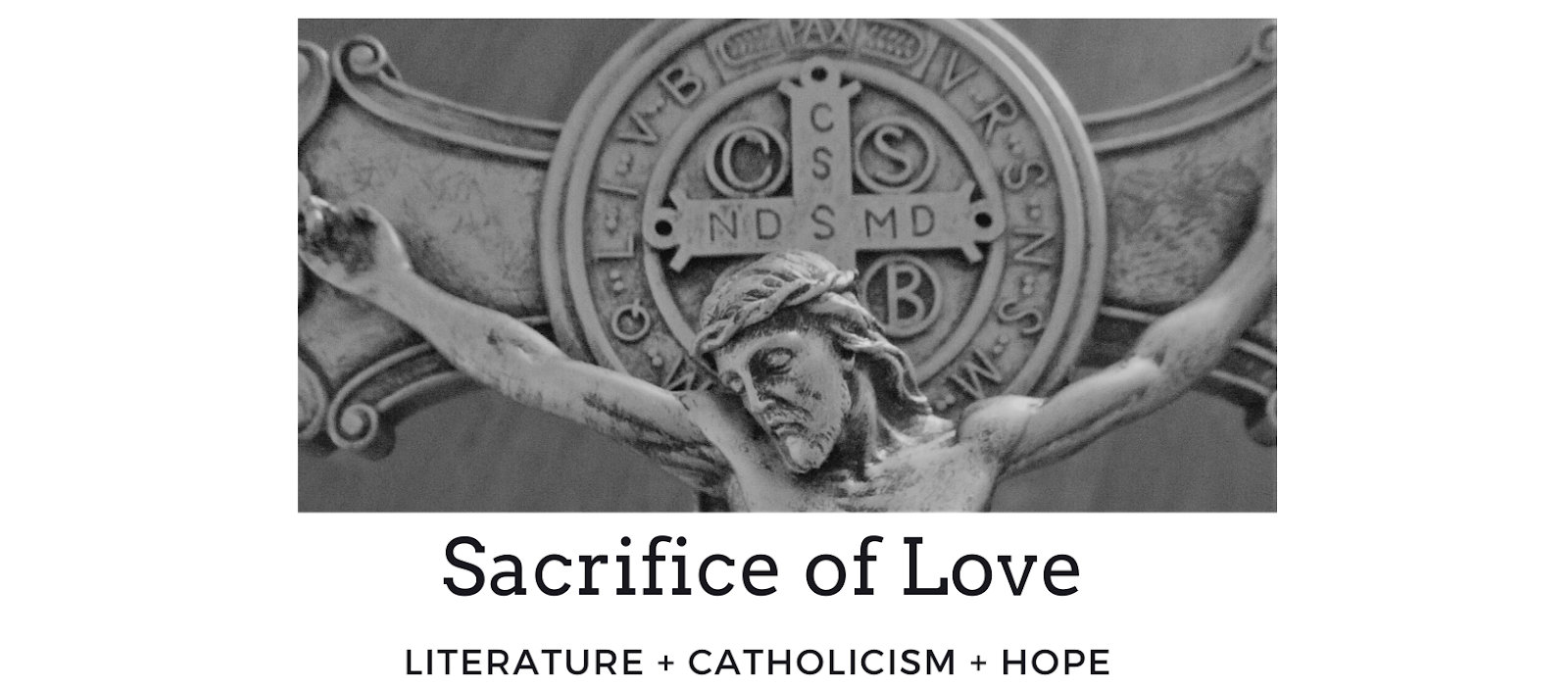Happy Ascension Day/Sunday after Ascension (depending on where you live and what your diocese does)!!!!!!
Since I am done with school, and it's summertime, I have been taking full advantage of the library. I go at least a few times a week to find awesome books and movies, because reading is amazing.
The other day, while searching the shelf, a book title--in lovely script--struck my eye. Pulling the novel out, I glanced over Motherland, by Maria Hummel. The cover looked quite sad and compelling, and glancing at the brief synopsis, I was not surprised to see that this was a World War II book. I greatly enjoy reading historical fiction, and I took an entire course last year on Holocaust literature, so I grabbed the book. Over the course of Friday night and Saturday morning, I gobbled up this story. It is so touching, so profound, and so beautiful in many ways.
Motherland was inspired by a packet of hidden letters between the author's grandparents during World War II. The story follows the Kappus family; the father, Frank, is a reconstructive surgeon for the Nazis, and his wife, Liesl, married him two months after he became a widower. Six weeks after Frank and Liesl marry, he is deployed to a camp, to serve various Nazi officers and soldiers who were harmed during the war. The story rapidly flows through Liesl's struggles as she tries to be a mother for three children who barely know her, Frank's hardships in the camp, their love for each other, and the effects of the Third Reich on their family life. This story barely touches on the Holocaust, and instead gives you an image of what life was like for Germans who went along with the Nazi Party at first, but later experienced tremendous consequences. However, the Kappus family shows us how some Germans strove to survive and simultaneously reject certain measures that the Nazis were taking. Motherland throws the reader into the heart of struggle and life in Nazi Germany, and shows the fight for the dignity of human life that some Germans were taking part in. Motherland helps us to humanize and try to understand the people who supported or were part of the Nazi party.
Overall, Motherland gives the reader hope. Hope that no matter how dark times may be, truth, justice, and love will prevail. It also encourages us to become aware of what our government is doing, and to really know what is happening in the world. Many of the characters in Motherland have little idea of the horrific actions that the Nazi Party was doing, just as many people today have only a small grasp of the different ways in which the human person is not being respected by governments or societies. During World War II, there was less advanced technology, so it is understandable that people may not have known the truth. But today, we have amazing technology that connects us to all parts of the world--what's our excuse?
I highly encourage Motherland for older teenagers and adults of any age. It has a fairly simple, engaging structure, but pulls the reader into many emotional complexities. This book was an awesome addition to my summer reading-I love it when I come across gems in the library unexpectedly!


No comments:
Post a Comment